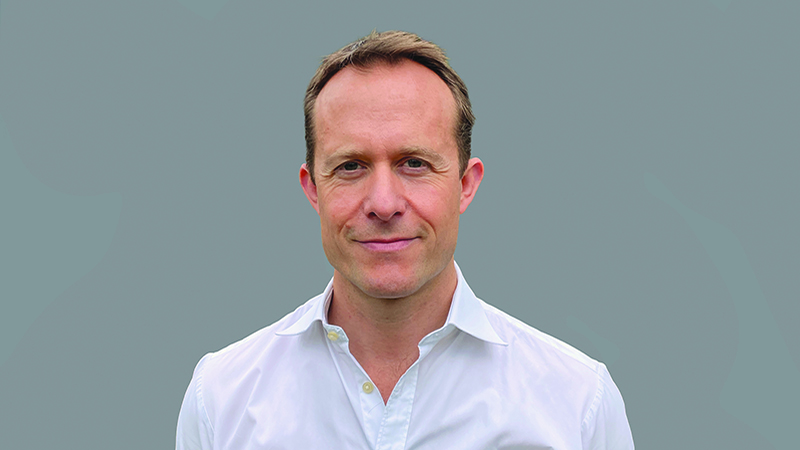In a low growth world, he says, the ability to reinvest those cash flows to ensure sustainable growth over time is far more important.
A case in point is Tesco, which Brazier maintains is a good business, but one that has failed to allocate capital correctly in the past few years.
According to Brazier, the team looks at three qualitative measures when assessing a company. The first is its business model, looking for the reasons why the team thinks the firm will grow its profits. The second element is the company’s financial model, whether or not the company can convert those profits to cash.
The third element is, however, the most important says Brazier and the one that many analysts fail to look at: capital allocation, what the company actually does with its cash.
“A lot of people get the first two right, but the third one is more challenging,” Brazier said, explaining that it is also important to look beyond a firm’s headline dividend yield.
“I would rather invest in a company with a smaller dividend yield that uses its cash to grow effectively over time because the compounding effect on future dividends is greater,” he said.
A good example of this, he says, is food wholesaler Booker.
“Booker is not thought of as an income stock, but generating and successfully reinvesting cash has seen the company grow its dividend by close to 270% over the past five years [2009-2014], with total shareholder returns of nearly 600%.
Brazier points out that in 2009, the stock only yielded around 3% and, it currently yields around 2%, but, because of dividend growth, “the current dividend represents a yield of closer to 12% on the 2009 share price.”
For Brazier, because of the current low growth environment, investors are rewarding companies with high current dividend yields, which is not necessarily conducive to longer term growth.
“The compounding effect of the tax-efficient re-investment of cashflows is even more important now in a world of low interest rates, anaemic economic growth, elevated margins and fair-to-high valuations,” he added.











